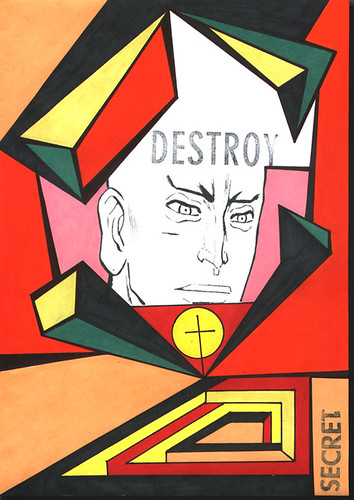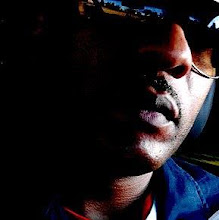
Control has many shapes, many forms...
Emile Durkheim believed that “society has to be present within the individual”, he saw religion as a mechanism that shored up or protected a threatened social order. He thought that religion had been the cement of society in the past, but that the collapse of religion would not lead to a moral implosion. Durkheim was specifically interested in religion as a communal experience rather than an individual one. He also says that religious phenomena occurs when a separation is made between the profane (the realm of everyday activities), and the sacred (the realm of the extraordinary and the transcendent); theses are different depending what man chooses it to be. An example of this is wine at communion, as it is not only wine but it represents the blood of Christ. Durkheim believes that religion is ‘society divinised’, as he argues that religion occurs in a social context. He also, in lieu of forefathers before who tried to replace the dying religions, urged people to unite in a civic morality on the basis that we are what we are as a result of society.
Durkheim condensed religion into four major functions:
Disciplinary, forcing or administrating discipline
Cohesive, bringing people together, a strong bond
Vitalizing, to make more lively or vigorous, vitalise, boost spirit
Euphoric, a good feeling, happiness, confidence, well-being
Remember this...
NARO%
Add to My Profile More Videos
